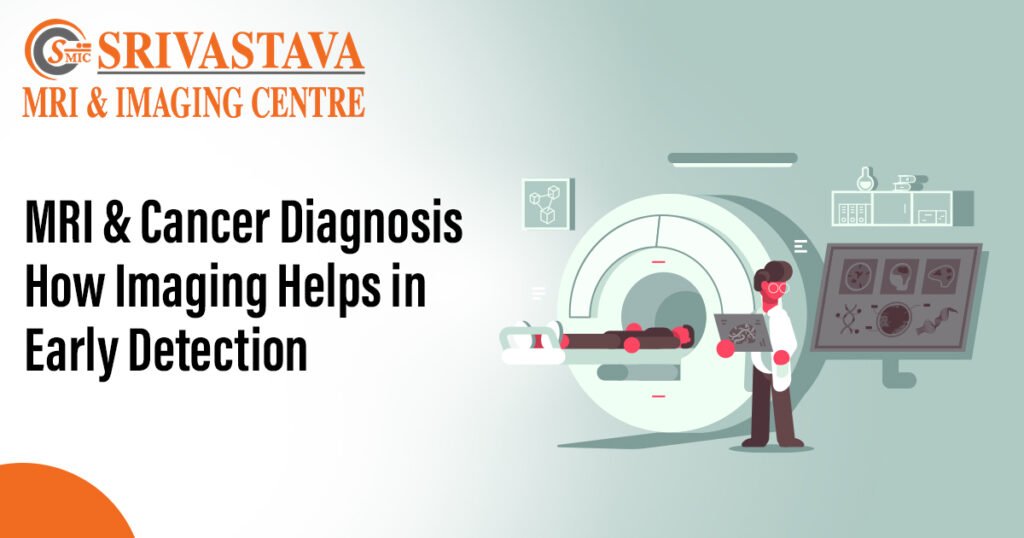The integration of technology and diagnostics in modern medicine has spearheaded groundbreaking strides in cancer detection and treatment, with Magnetic Resonance Imaging (MRI) standing as a pivotal tool. Its non-invasive and high-resolution imaging capabilities have revolutionized cancer diagnosis, offering crucial insights for treatment planning and prognosis assessment. Traditionally, methods like biopsies and X-rays have been utilized, but MRI’s ability to provide detailed, three-dimensional images of internal organs and tissues with unmatched clarity has made it a preferred choice. Unlike X-rays, MRI employs magnetic fields and radio waves, ensuring safety, especially for repeated scans, and marking a transformative shift in cancer diagnostics.
One of the key advantages of MRI in cancer diagnosis lies in its ability to detect abnormalities at an early stage. By capturing images of soft tissues, organs, and blood vessels with remarkable precision, MRI can identify even subtle changes that may indicate the presence of cancerous cells. This early detection is instrumental in facilitating timely interventions and improving patient outcomes.
Furthermore, MRI plays a crucial role in determining the extent and spread of cancer within the body—a process known as staging. By providing detailed information about the size, location, and characteristics of tumors, MRI helps oncologists devise personalized treatment plans tailored to each patient’s unique condition. Moreover, MRI-guided biopsies enable physicians to target specific areas of concern with pinpoint accuracy, minimizing the risk of sampling errors and ensuring more accurate diagnoses.
In the context of cancer treatment, monitoring the response to therapy is paramount in assessing its efficacy and making necessary adjustments. MRI’s ability to track changes in tumor size and morphology over time enables oncologists to gauge the effectiveness of treatments such as chemotherapy, radiation therapy, and targeted drug therapies. This real-time feedback loop empowers healthcare providers to optimize treatment strategies and improve patient outcomes while minimizing unnecessary interventions.
Beyond its diagnostic and therapeutic applications, MRI also plays a pivotal role in cancer research, driving innovation and expanding our understanding of the disease. By facilitating non-invasive imaging studies and clinical trials, MRI enables scientists to explore novel treatment modalities, study disease progression, and develop more targeted therapies—all of which are critical steps toward advancing cancer care.
The integration of MRI imaging technology has revolutionized cancer diagnosis and management, offering detailed anatomical and functional information safely and non-invasively. From early detection to treatment monitoring and research, MRI shapes cancer care globally, providing hope to patients. As a patient seeking the Best MRI Center in Noida, Srivastava MRI & Imaging Centre shines with its commitment to excellence and innovation. With state-of-the-art technology and experienced professionals, it delivers accurate diagnoses and compassionate care, making it a trusted partner in the journey to better health.



